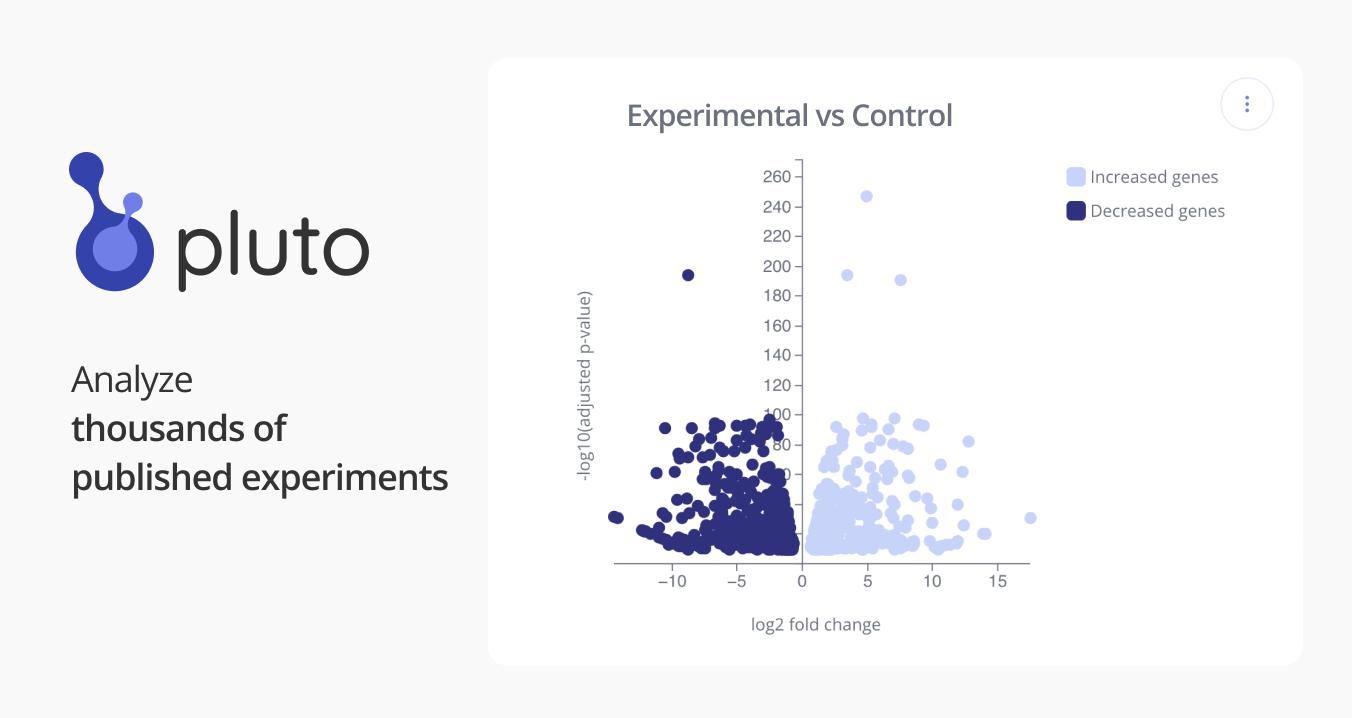Pluto Bioinformatics
GSE126690: Macrophage ATP citrate lyase deficiency stabilizes atherosclerotic plaques
Bulk RNA sequencing
Atherosclerosis is a lipid-driven chronic inflammatory disorder of the arteries in which macrophages are the most prevalent immune cells and define disease development1,2. While macrophages can worsen disease progression by propagating inflammation, they can also stabilize atherosclerotic plaques by promoting the formation of a fibrous cap and by clearing apoptotic cells to prevent necrotic core formation. The last decade, modulation of intracellular metabolic pathways has emerged as a new tool to reshape deranged macrophage functions and is considered as a new therapeutic opportunity3-6. ATP citrate lyase (Acly) catalyzes the conversion of mitochondria-derived citrate into the high-energy acetyl-CoA, but the tools to study this key metabolic hub in macrophages in vivo remained absent. Here, we show Acly to be activated in inflammatory macrophages and in human atherosclerotic plaques and define a formerly unknown role of it in regulating both plaque and macrophage phenotype. Using a novel conditional genetic knockout mouse model, we found that myeloid Acly deficiency induces a stable plaque phenotype characterized by increased collagen deposition and fibrous cap thickness, along with a smaller necrotic core. In-depth functional and transcriptional characterization showed that this plaque phenotype was linked to deregulated cholesterol biosynthesis and reduced liver X receptor (LXR) activation within the macrophages. This results in macrophages that are more prone to undergo apoptosis, whilst presenting an increased capacity to phagocytose apoptotic cells. Together, our results indicate that targeting macrophage metabolism can improve atherosclerosis outcome and we reveal Acly as a promising therapeutic target to stabilize atherosclerotic plaques. SOURCE: Menno de Winther (m.dewinther@amc.uva.nl) - Experimental Vascular Biology Academic Medical Center University of Amsterdam
